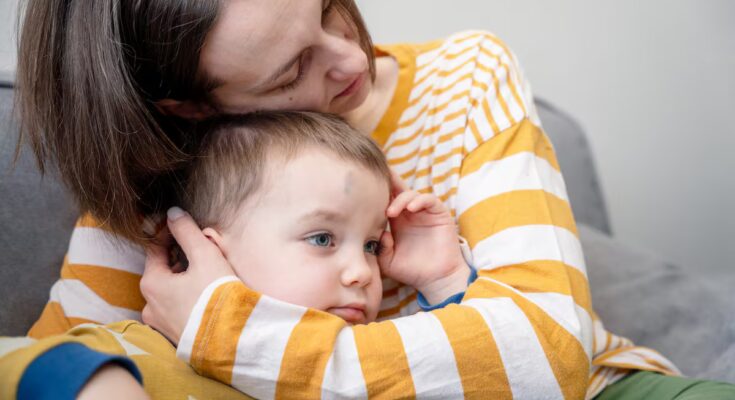We are immersed in a culture that glorifies competition and praises first place, where failure has little space and success seems to be the only measure of personal value. From the beginning the idea is conveyed that it is only worth winning, standing out, standing out in everything. This mentality, increasingly present in the school, family and digital environment, limits the development of fundamental skills such as resilience, self-criticism or frustration tolerance.
Defeats are often hidden, while successes are shown on social media, which often offers a distorted image of reality. In this context, it is essential that children and adolescents learn to lose meaning. It is essential that they understand that making mistakes is part of the learning process, that making mistakes also brings growth and that not achieving a goal does not equate to failure, but can become an opportunity to strengthen and mature.
Mistakes provide experience and confirm that perfection does not exist. They are essential to empathetically taking hits and progressing, and often end up becoming great teachers. Educating the acceptance of errors is one of the most necessary tasks in the education of minors. Developing in them the ability to calmly recognize them and learn from them in a constructive way helps to avoid feelings of guilt or frustration when desired goals are not achieved. Understanding failure as a driver of change, as an impulse to progress, discover new ways of acting and improving, is fundamental to your personal growth and emotional well-being.
Education should not only focus on correcting mistakes, but also on recognizing efforts and celebrating achievements. Appreciating what has already been achieved through perseverance, identifying small progress and recognizing the ability to start over are essential aspects of building solid self-esteem.
Encouraging children and adolescents to live in the present, to value what they have and to surround themselves with people who support them, helps them build a more balanced and coherent vision of life. Acceptance of mistakes helps to form more resilient, constant and humble individuals. Those who develop this attitude are capable of leading, looking to the future with optimism and knowing themselves without falling into comparisons. They understand that defeat is overcome with attitude, effort and will, and that true growth involves recognizing both strengths and weaknesses.
How to learn to deal with mistakes in a positive way
- It is important that children and adolescents hear about mistakes in positive terms, as a precious opportunity to learn, improve and move forward with enthusiasm. Adults must accompany them with a calm and natural attitude in the face of mistakes, showing them that they are part of the process. Setting realistic and achievable goals allows them to feel pride in their accomplishments and boost their confidence.
- Adults must act as a reference when it comes to assuming and managing their own mistakes. It is essential to be a model of perseverance and courage and to recognize failures without excuses or delays, because this sends a clear message: moving forward requires perseverance and a lot of responsibility.
- It is essential to provide a safe environment where they can make mistakes without fear of being judged or labeled, as this could negatively affect their self-esteem. Instead of overprotecting or allowing everything, minors must be guided to find solutions on their own, thus promoting their initiative, responsibility and autonomy. Establishing clear boundaries that offer safety and consistency will also be key.
- Providing them with affection, understanding, and large doses of patience helps them manage the fear or frustration they may feel when they make a mistake.
- At the same time, it is necessary to value their attempts, not just their results, by realistically adjusting expectations.
In a society based on the exaltation of immediate success, it is essential to promote in children and adolescents the acceptance of mistakes as an indispensable component of the learning process. It’s not simply about avoiding falls, but about developing the ability to get up with determination, resilience and wisdom.



